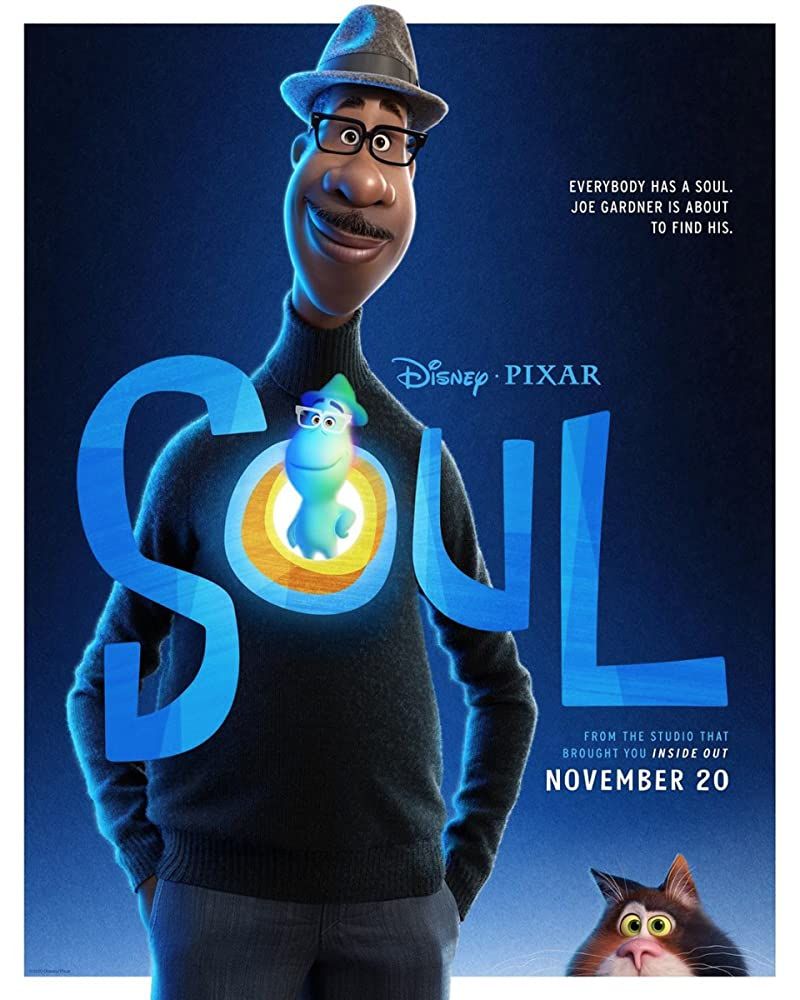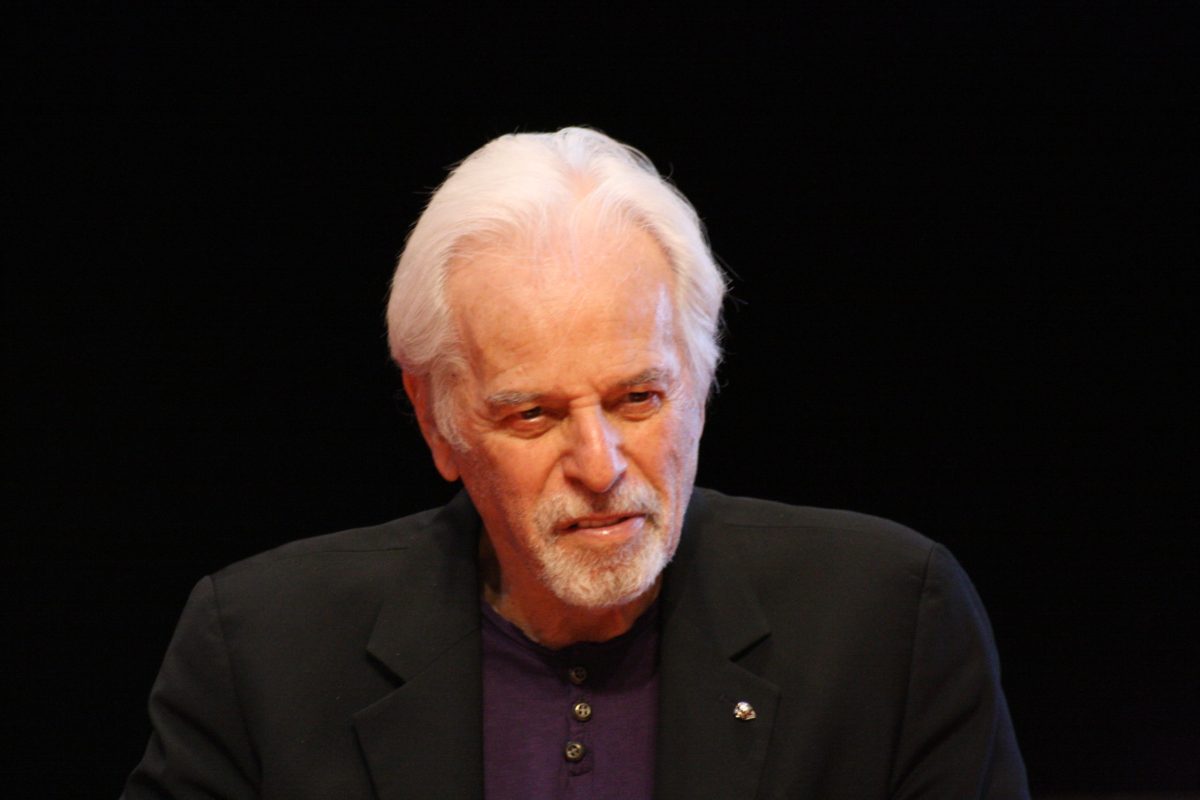It isn’t often that a sci-fi film leaves the audience questioning everything, but that’s what Arrival is all about. Who can be trusted, how can we find a common ground, and how would anyone react to first contact with extraterrestrials? As per usual with this and most other ‘first contact’ films, it doesn’t go perfectly well. The people of Earth aren’t welcoming to the hovering monolith 2001: A Space Odyssey (1968) metaphor and the governments of the respective populations aren’t all on the same page either. The Denis Villeneuve (Sicario, Prisoners) film focuses on the subjects of linguistics and science within a temporally shifting setting that is edited to trick the audience into believing everything has happened when it may become more of a subject of probability. Time is the key to this extraterrestrial film, and the focus of the film is on that of negotiations. Don’t expect this to be an ‘alien invasion’ film; Arrival is anything but.
Amy Adams leads the cast as Louise Banks as she is given the opportunity to experience first contact with the beings known as the ‘heptapods’. Ian Donnelly (Jeremy Renner) supports Louise in her journey of building a common language between the alien beings and figuring out if they can or can’t be trusted. The two professors act as the bridge between the interstellar and the US while the other nations go through the same process as a total of 12 crafts hover throughout the planet. The crafts themselves are majestic, as they hover along hillsides or above bodies of water, with their interiors and their occupants as mysterious as the hidden agendas of the visiting humans. The heptapods are beings not given an origin or history, but a goal that is as shocking as their method of communication. They are squid-like creatures using psychic ink to create images that act as their language for the people of Earth to decipher. The biggest issue, is that not everyone can agree upon which method to decipher.
Spoiler alert: the intelligence in this film is found in the editing. The audience should not trust the order in which scenes are delivered for the fact that it breaks order without anyone noticing. Is it a flashback or a possibility? Some may realize the time twist early on, but even a piece of the twist will not prepare everyone for the much greater task at hand. It’s more of the aliens understanding us than it is us understanding them; the heptapods are more the teachers within this mind-bending flick. Arrival may surpass the dramatic roundabouts of Inception (2010), especially in its climax and conclusion. Sicario (2015) displays the same tension in trust that is found within the overall plot of Arrival and Villeneuve redelivers from a completely fictional genre in a realistic society. Arrival is probably the most likely scenario for how ‘first contact’ would happen in our current society. All of the nations (in film or outside in reality) have different methods of problem solving which creates either scenarios for peace or scenarios for war. The hope, for the audience, is to find peace, but between whom (spoiler)?
Language is a varied medium ranging across nations, planets, and galaxies. Some generations are born into their language, while others learn over time to adapt to changing phases of culture. Arrival places language as a subject within the fourth dimension rather than a written two-dimensional form or a spoken three-dimensional wave. Language doesn’t just move across space, but through time, which gives the user of that language the capability to see where the words ‘spoken’ or ‘written’ travel to. For giving new life to a sci-fi genre that has been lacking since District 9 (2009), Arrival deserves a 10 out of 10 for a being mind-bending feature that hosts a fantastic cast (Amy Adams will get at least a nomination and telling anything about her character besides her occupation will spoil the film) and keeps viewers on the edge of their seats in a perplexed state. Arrival is an emotional thrill-ride that shows that not all ‘first contact’ films need to be action-packed to make a huge impact.































